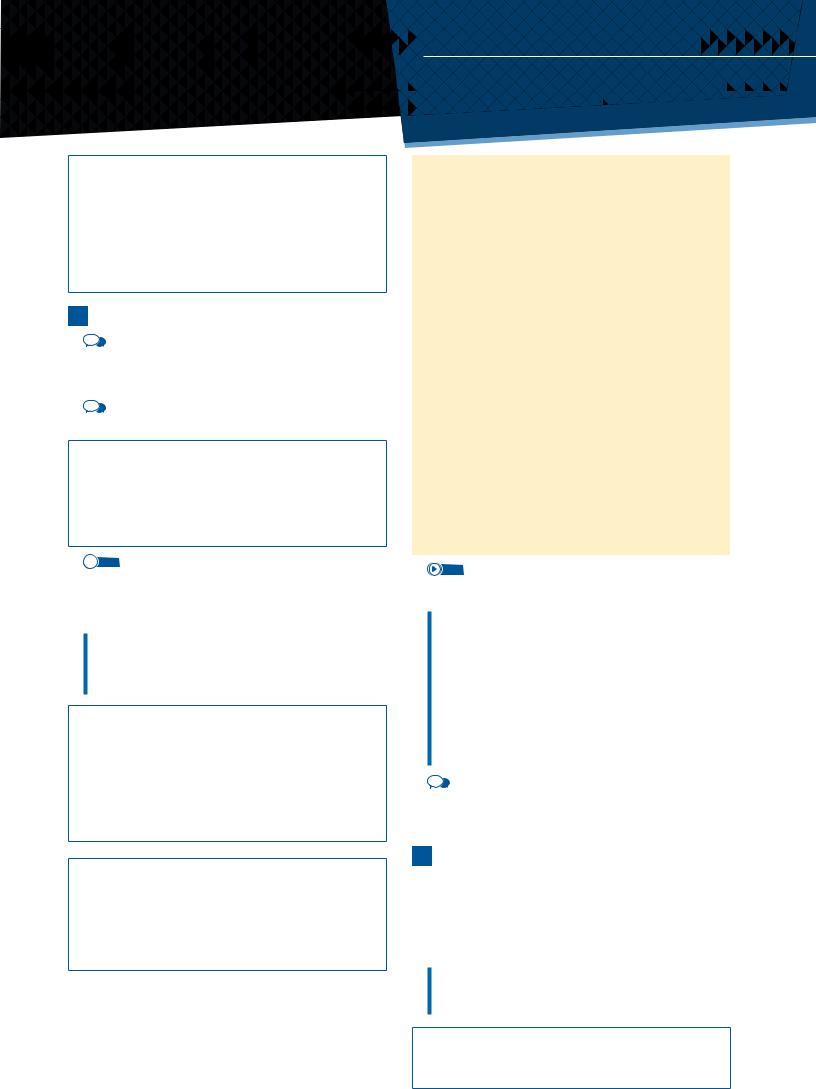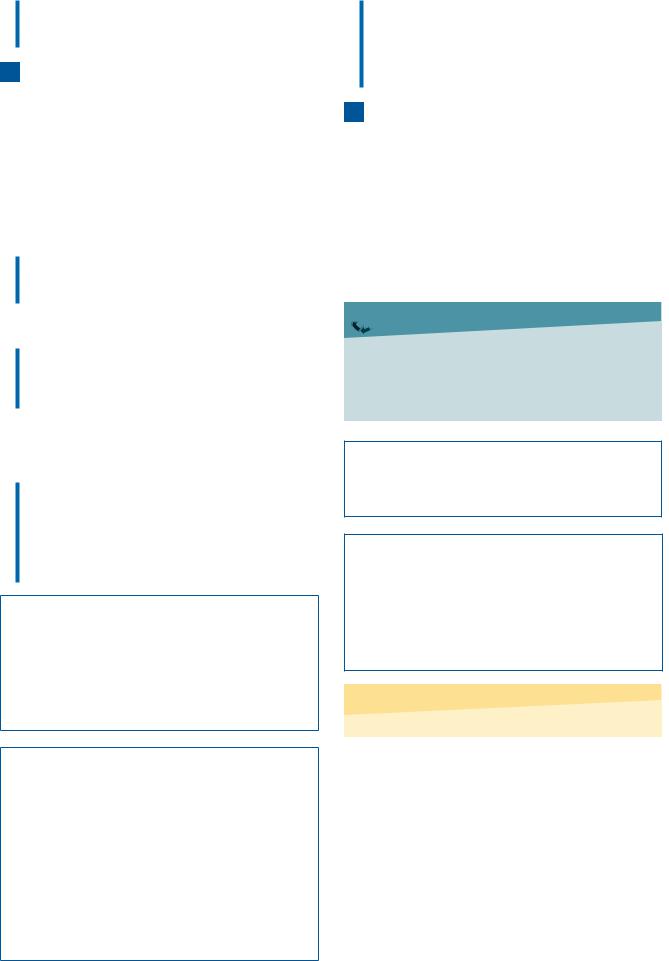




 4D
4D Skills
Skills for
for Writing
Writing







 Are you free on Saturday?
Are you free on Saturday?



 At the end of this lesson, students will be able to:
At the end of this lesson, students will be able to:





• understand speakers talking about arrangements



 • read and understand written invitations and replies
• read and understand written invitations and replies 






 • write and reply to invitations
• write and reply to invitations 
 OPTIONAL LEAD-IN
OPTIONAL LEAD-IN
Books closed. In small groups, students plan an end-of-term party for the class. Tell them to choose a theme for the party. Students note down what is going to happen at the party, if there will be games or not, where it will be, who is going to bring or prepare different things, and who to invite. Conduct feedback and ask for ideas from the groups. The class vote on the best ideas for the party.
1 SPEAKING AND LISTENING
aAsk students to match the pictures to some of the things in the list before they discuss the questions in small groups. Take feedback to fi nd the most popular activities in the class.
bDiscuss the question as a class and also ask when students last did each of the activities in the list.
 EXTRA ACTIVITY
EXTRA ACTIVITY
In pairs, students talk about the best way to celebrate some or all of these events: 1 a five-year-old’s birthday; 2 an 18th birthday; 3 a 21st birthday; 4 a wedding; 5 a new baby; 6 a 50th birthday; 7 retirement; 8 a 100th birthday. Ask students to share their best ideas with the class.
c  1.85 Tell students that they will hear three people speaking. Each person is talking about a diff erent weekend activity. They listen to fi nd out what the three activities are. Play the recording and pause after each speaker to ask the class for answers. Elicit brief answers.
1.85 Tell students that they will hear three people speaking. Each person is talking about a diff erent weekend activity. They listen to fi nd out what the three activities are. Play the recording and pause after each speaker to ask the class for answers. Elicit brief answers.
Answers
Susanna: She’s having her 21st birthday party. Barbara: She’s having a barbecue.
Sven: He’s going to the countryside / a lake with some old friends.

 CULTURE NOTES
CULTURE NOTES
A barbecue (or BBQ, barbie) is a social gathering outdoors where most of the food is cooked over wood or charcoal. Barbecues are popular in many countries around the world. In the UK, many people have a small barbecue grill in their gardens for use on hot summer afternoons or evenings! Pubs and restaurants will also organise larger barbecues in the summer months.
Audioscript
SUSANNA I don’t really like having a party at home to celebrate. It’s too much work. I think it’s better to go out together and find a nice place where you can celebrate. Then you can all have a good time together.
This weekend, it’s my 21st birthday and we’re going to book a function room at a hotel and have a big party there. All my friends are coming and we’re going to have a band and a DJ. Everyone’s going to look their best – all the men are going to wear suits and I’m going to buy a new dress. I’m really excited about it!
BARBARA I like inviting friends to my home, but I’m not a very good cook. I always get very stressed if I have to cook meals for people. Everyone else is having a nice time, but I’m just worrying if the food’s OK. So, I don’t really enjoy it. What I do like is if we all cook something
together, or if everyone makes something and brings it. I think that makes it more relaxed.
We’re doing that on Saturday. We’re having a barbecue, but I’m just going to make some salads and I’m going to ask everyone to bring something for the barbecue. I’m looking forward to it.
SVEN I sometimes enjoy parties, but they’re all the same really: you just sit around and talk to people about all the usual stuff until it’s time to go home. With friends, I think it’s better to do something together, then you don’t get bored – like going to the cinema or bowling maybe, or going out somewhere nice together. This weekend, I’m going to the countryside with some old friends I haven’t seen for a long time. We’re going to a lake to swim and have a picnic together, and maybe we’ll play volleyball. That’ll be fun.
d |
1.85 Play the recording for students to listen and |
|
answer the more detailed questions. Ask them to compare |
|
answers with a partner before checking as a class. |
Answers
1It’s too much work.
2in a function room at a hotel
3a new dress
4She isn’t a very good cook and gets very stressed.
5It’s more relaxed.
6some salads
7They sit around and talk to people about all the usual stuff until it’s time to go home.
8He prefers to do something together because you don’t get bored.
9swim, have a picnic, play volleyball
e In pairs or small groups, students talk about who they are most similar to, and why. Take feedback from the class and fi nd out which of the three speakers the highest number of students are similar to.
 VOCABULARY SUPPORT
VOCABULARY SUPPORT
function room (C1) – a large room which you can pay to use for different activities such as parties
go bowling – to do the sport where you throw a heavy ball along the floor to knock things down
stressed (B1) – feeling worried and anxious
70 UNIT 4 Social life
2 READING
aAsk students to imagine that they are Barbara and they are sending invitations to her barbecue. Ask: What would you include in the invitation? Write some ideas on the board. Read through the questions with the class. Students read the two emails to check their ideas and answer the questions.
Answers
1 no 2 Saturday, around 8 o’clock
3 Martina: something (for the barbecue) Bill: meat
 VOCABULARY SUPPORT
VOCABULARY SUPPORT
chance (B1) – opportunity for ages (B1) – for a long time

bStudents answer the question as a class and give their reasons.
Answers
Bill because she knows what activities he did recently. She says she hasn’t seen Martina for ages.
3 WRITING SKILLS Inviting and replying
aAsk students: Do you think Martina and Bill are good friends of Barbara’s? Elicit that the language in the email to Martina suggests that she isn’t as close a friend as Bill. They have seen Bill recently and know he has been cycling, but they haven’t seen Martina. The language in the message to Martina is more formal. Ask for examples of the difference in language, e.g. How are you? How are things? Ask students if they use different phrases when
they write to people they know well compared with people they don’t know well. Students complete the table with the correct phrases from the emails. Check answers as a class.
Answers
2 free 3 Would you like 4 would be lovely
5 are things 6 doing anything 7 Can you 8 be great
bStudents read the two replies and answer the questions. Check answers together as a class.
Answers
The first email is from Martina. She talks about her job.
The second email is from Bill. He talks about his legs hurting from the bike ride; he includes kisses (xx). Martina is coming to the BBQ.
cStudents underline the appropriate phrases individually and then compare their answers with a partner. Check answers as a class. Point out the slight differences in formality of the phrases.
Answers
1 Thanks for inviting me on Saturday. / Thanks for asking. 2 I’m free that evening and I’d love to come.
3 I’m really sorry, the BBQ sounds great, but I’m afraid I can’t come. 4 I’m staying with my sister at the weekend.
5 I’m looking forward to seeing you and having a good chat. / See you soon anyway.
 LANGUAGE NOTES
LANGUAGE NOTES
It is important for students to see how formal and informal language is used, depending on who is going to read the email. Usually it is quite clear that we use more formal language when we write/speak to someone we don’t know. However, as shown here, our language also changes a little depending on how friendly we are with the person and sometimes on how old they are.
 EXTRA ACTIVITY
EXTRA ACTIVITY
Ask if students know any more phrases that they could use to do the things in 3c. Suggest/ or elicit:
1Thank you for your invitation. Thanks a lot.
2That’d be great.
3I’m really sorry, but I have to say no. I can’t make it.
4I’m away for the week.
5It’ll be good to catch up. Must get together soon.
Match students from one half of the class to students in the other half of the class. Students all imagine they are Barbara and write a short email to their partner in the other group. They exchange the emails. Students reply to the emails using some of the above phrases.
dStudents read and correct the sentences. Check answers as a class.
Answers
1 Would you like to come to my birthday party? 2 Thanks for inviting me to your wedding.
3 I’m afraid I can’t go to the cinema with you. 4 I’d love to come, but I’m busy that weekend. 5 I’m looking forward to seeing you tomorrow.
4 WRITING
aTell students that they are going to work in pairs to first think of an activity and then write an invitation to it together. They need to consider the points in the task. Give students a short time to do this. Monitor and help with ideas or language where necessary.
bStudents swap invitations and write replies, including the points given.
cStudents exchange replies and check whether the points have been included. Take feedback and ask some pairs to read their invitation and reply to the class.

 LOA TIP REVIEW AND REFLECT
LOA TIP REVIEW AND REFLECT
Ask students to say which phrases that they have learned in this lesson will be most useful to them, and why. Ask them if they think formal and informal English phrases for inviting and replying are more or less different than the equivalent phrases in their own languages.
 FAST FINISHERS
FAST FINISHERS
Fast finishers can write a further email to the guest to thank them for their quick reply, say it’ll be good to see them or, to those who can’t make it, arrange another meeting.
 EXTRA ACTIVITY
EXTRA ACTIVITY
Ask students to tell you their experiences of teenage parties, both good and bad! If students are not happy to talk about their own experiences, perhaps they have seen a film about this topic. Ask them if they have any tips or advice for arranging a party for teenagers including how many people to invite and how to avoid gatecrashers (people you haven’t invited but hear about the party and come anyway).
ADDITIONAL MATERIAL
 Workbook 4D
Workbook 4D
UNIT 4 Social life 71

UNIT 4
Review and extension
1 GRAMMAR
aStudents complete the sentences individually. Check answers as a class. Ask students to repeat the sentences and focus on the pronunciation of going to /ˈgənə/.
Answers |
|
1 ‘m going to watch 2 ‘re going to travel |
3 are going to go |
4 ‘m not going to take 5 ‘s going to buy |
6 ‘re going to meet |
bRemind or elicit from students that we use the present continuous for definite arrangements, and ask for a few examples of what they have planned or someone in their family has planned over the next few days. Students complete the sentences individually. Check answers as a class.
Answers |
|
1 Are you doing 2 ‘m going |
3 ‘s having 4 ‘m not doing |
5 ‘m having 6 are coming |
7 ‘m making |
c In pairs, students practise the conversation in 1b.
In pairs, students practise the conversation in 1b.
dStudents complete the text message and check with their
partners. Check answers as a class. Students can then write a follow-up text answering the question from the second text and asking one more question of their own. Students share their questions with the class.
Answers
1 I’ll get 2 Shall I get 3 I’ll have 4 I’ll eat 5 Shall we go 6 I won’t be
2 VOCABULARY
aStudents do the task individually and then compare answers with a partner. Check answers as a class.
Answers
5, 6 tights 4 bracelet 1 earrings 2 tie 2 scarf 6 high heels 6 sandals 3 sweatshirt 3 top 3, 5 tracksuit
 EXTRA ACTIVITY
EXTRA ACTIVITY
Ask students to work in pairs and make a word search puzzle using ten items of clothing. They swap them with another pair and solve the puzzles. This will focus on correct spelling as well as practising the vocabulary.
b In pairs, students talk about the clothes and accessories they are wearing. To extend, ask students to close their eyes and see if they can remember what the other students are wearing today.
3 WORDPOWER look
aWrite look on the board and ask students to work in pairs and see if they can write sentences that use the word look in different ways. Check their ideas and write correct examples on the board. Students match the sentences and definitions. Check answers. Point out that look can be used a) to show how someone seems from their appearance, e.g. He looks tired. b) as an activity, e.g. He is looking at the book. c) with a preposition to make a multi-word verb. This can sometimes change
its meaning a little, e.g. He looked up the word in the dictionary.
Answers
1 c 2 e 3 d 4 b 5 a
bStudents choose the correct alternatives to complete the sentences. Check answers as a class.
Answers
1 after 2 forward to 3 up 4 at 5 for 6 look 7 around
 LANGUAGE NOTES
LANGUAGE NOTES
•There is not a lot of logic to the use of the prepositions in multi-word verbs. It’s important that students don’t try to learn a lot at once. Point out the importance of recording them by writing them in sentences so that they see how the verbs work.
•Some multi-word verbs take objects and some don’t. Some can be separated, e.g. look up a word/look a word up, and some can’t, e.g. look the children after (correct form = look after the children).
c In pairs, students talk about which sentences from 3b are true for them. Ask for example comments in feedback.
 Photocopiable activities: Wordpower p.255
Photocopiable activities: Wordpower p.255

 LOA REVIEW YOUR PROGRESS
LOA REVIEW YOUR PROGRESS
Students look back through the unit, think about what they’ve studied and decide how well they did. Students work on weak areas by using the appropriate sections of the Workbook, the Photocopiable activities and the Personalised online practice.
72 UNIT 4 Social life
